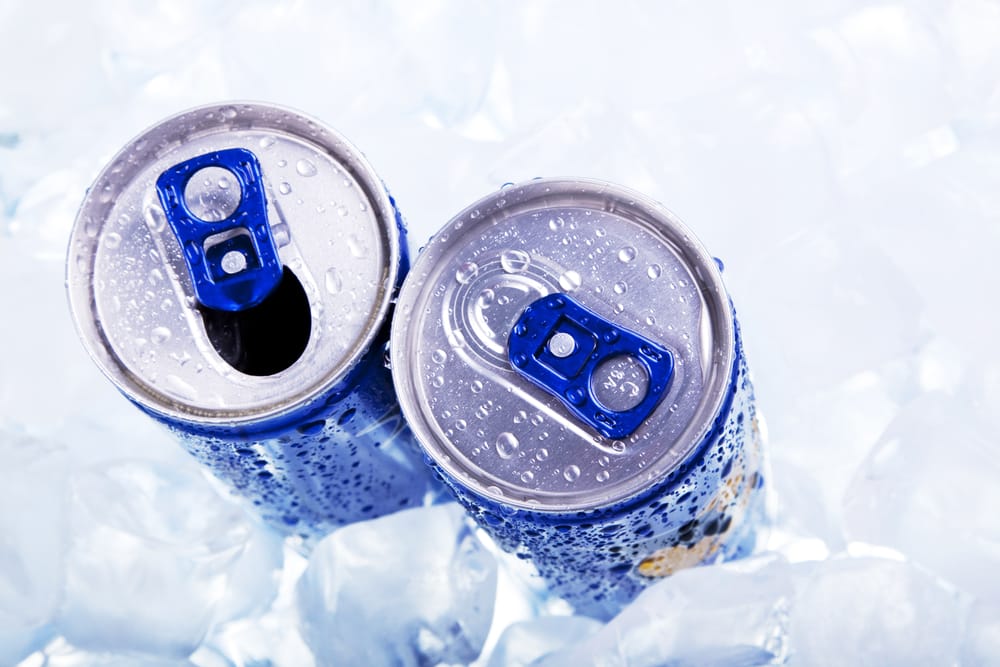Addiction Treatment
The Caffeine Addiction of the Energy Drink Culture
Written By:

If your first morning instinct is to reach for a cup of coffee, then you already have an intrinsic understanding on the addictive properties of caffeine. The caffeine in your coffee gives you that bolt of energy that you might want or need to follow through on your morning routine and to start your work day. The stimulating properties of caffeine are a big reason why high levels of caffeine are found in energy drinks that are increasingly marketed as an alternative to coffee. You might opt for an energy drink over coffee to avoid the sour stomach and stale breath that you might get from a cup of coffee, but the high caffeine levels in your energy drink will still make you nervous or jittery while it pushes up your blood pressure and respiratory rate. Given the exploding popularity of energy drinks, it is not surprising that addiction counselors and therapists are seeing a parallel increase in caffeine addiction and overdoses, particularly among the teen and young male demographic that is the target of energy drink marketing.
Energy Drinks and Caffeine Addiction
Addiction experts and nutritionists recommend that individuals limit their caffeine intake to no more than 500 milligrams of caffeine per day. A 16-ounce cup of coffee contains around 170 mg, whereas a typical 6-ounce energy drink can include 300 mg or more of caffeine. Energy drinks blend caffeine with other products, including taurine and certain B-vitamin complexes that are thought to enhance a person’s energy levels. An individual who consumes multiple energy drinks per day will inevitably exceed the recommended maximum caffeine intake level. The effects of overconsumption of the other common ingredients in energy drinks is not fully known, although many of those ingredients are water soluble and are likely flushed from a consumer’s system within a short period of time.An individual can become physically addicted with consumption of as little as 100 mg of caffeine per day. Caffeine withdrawal symptoms mimic the symptoms of withdrawal from other, more powerful substances (albeit at a less severe level) and include headaches, weakness, inability to concentrate, extreme fatigue, and irritability. Overconsumption of caffeine can result in medical emergencies. These emergencies are more commonly seen with overconsumption of energy beverages, as those beverages are typically higher in caffeine content and individuals who consume them frequently ingest several of them over a short period of time. Mixing energy drinks with alcohol has also caused an increase in medical emergencies, as the stimulating effects of the caffeine in those drinks conflicts with the depressant effects of alcohol. When a person is consuming just alcohol, his natural defenses might prevent him from overindulging, but if those defenses are compromised by the stimulant effects of caffeine in energy drinks, that same individual might consume dangerous amounts of alcohol.
Side Effects of Energy Drink Consumption
At an extreme level, for example, when an individual consumes several servings of an energy drink over a relatively short period of time, caffeine intoxication can cause seizures or death. Individuals who have consumed multiple servings of energy drinks have also experienced medical emergencies related to chest pains, hypertension, nausea and vomiting, and dizziness and disorientation.Like many substances that affect a person’s metabolism, caffeine has benefits when used in moderation. Popular culture and advertising combined with the ubiquitous availability of caffeinated energy drinks can, and often does push those benefits to extremes where they become dangerous.
If you have any concerns over your own consumption of energy drinks or would like more information about caffeine addiction or on how caffeine affects your body and your metabolism,, please call the counselors and therapists at the Last Resort Recovery Center (near Austin, Texas) at 512-360-3600. We treat all forms of substance and behavioral addiction, including addiction to caffeine.
